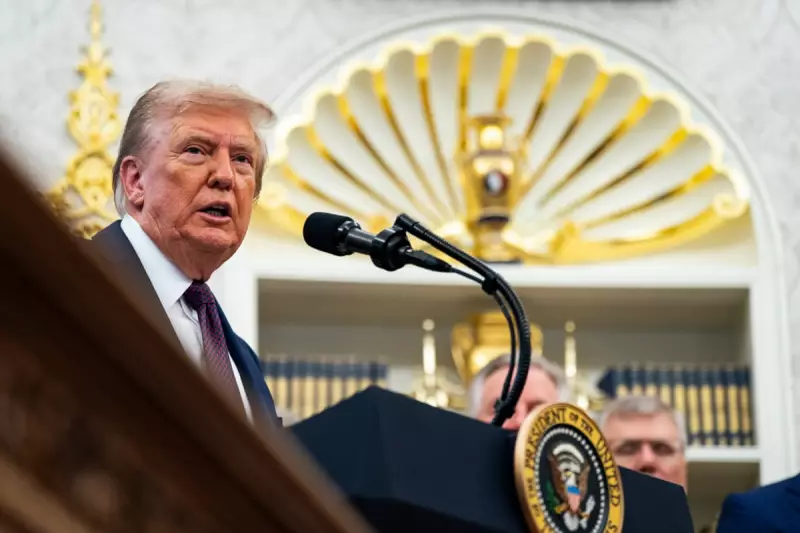
In a stunning legal rebuke, a US federal judge has blocked former President Donald Trump's audacious attempt to wield a centuries-old law to carry out mass deportations without due process.
The ruling, delivered in a Washington DC court, strikes at the heart of a controversial executive order that sought to invoke the Alien Enemies Act of 1798. This archaic statute, last used during World War II, would have granted the administration sweeping powers to detain and remove migrants, bypassing modern legal safeguards.
A Legal Throwback Meets Modern Justice
Judge Tanya Chutkan's decision underscores a fundamental clash between historical precedent and contemporary constitutional law. The administration's argument—that the act provided a standalone authority for summary removals—was dismantled in a meticulous 16-page ruling.
The judge found the government's interpretation not only legally unsound but also dangerously broad, stating it would create a "virtually limitless" power for the executive branch, untethered from congressional authority or judicial review.
The Ripple Effects of the Ruling
This decision delivers a significant check on presidential power and represents a major victory for civil liberties groups. It effectively slams the brakes on one of the most radical immigration strategies proposed in modern US history.
Legal experts suggest the ruling reinforces the necessity of due process, a cornerstone of American jurisprudence, even in matters of national security and immigration enforcement. The administration's defeat on these grounds signals a robust judicial defence of individual rights against expansive executive actions.
What Comes Next?
The Trump administration is widely expected to appeal the decision, potentially setting the stage for a high-stakes legal battle that could escalate to the Supreme Court. The outcome could redefine the boundaries of presidential authority in immigration matters for generations to come.
For now, the ruling stands as a powerful reminder that even the most ambitious executive actions remain subject to the rule of law and the scrutiny of an independent judiciary.





